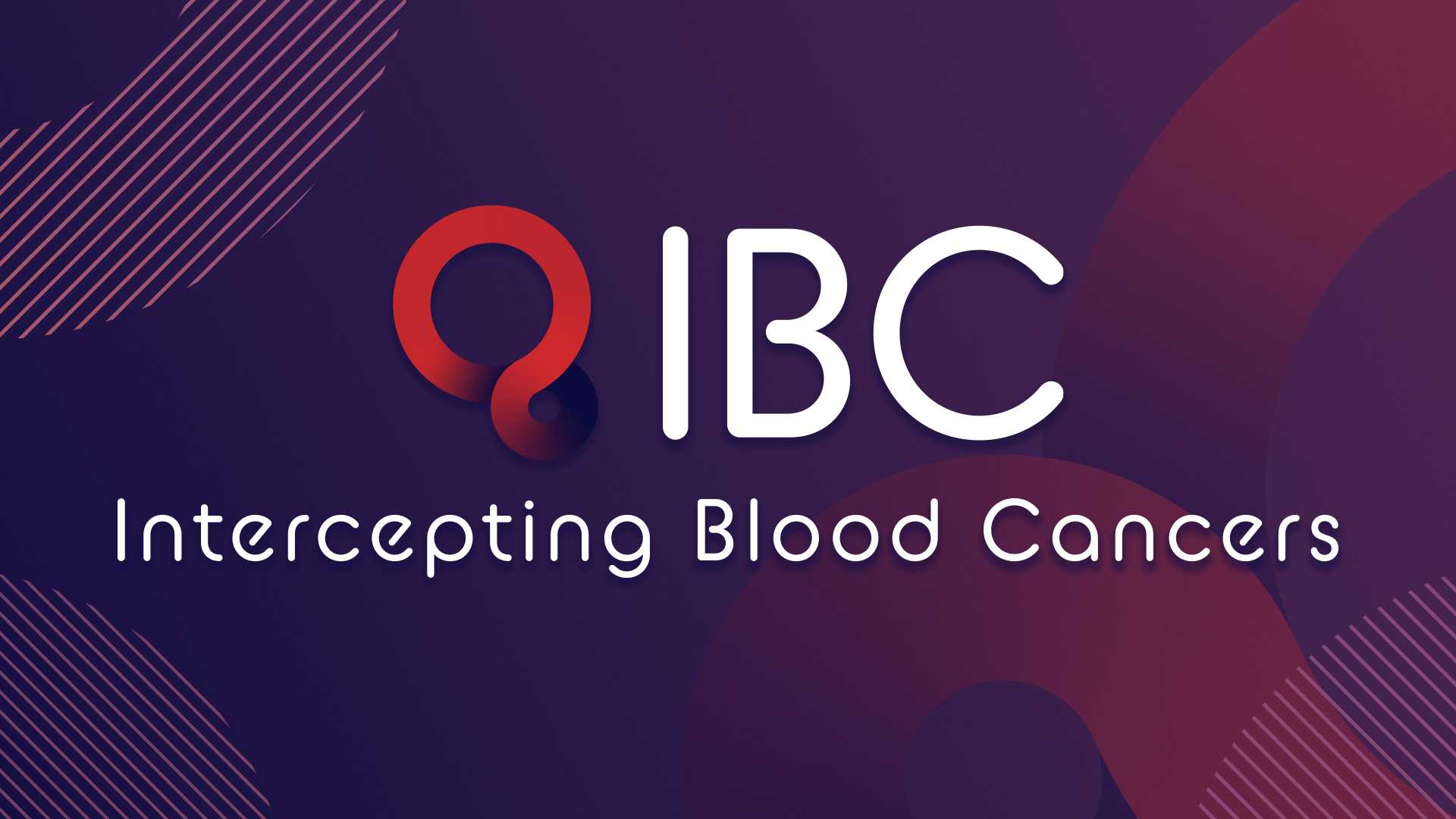Too often, these conditions are not given a platform for discussion, with research primarily focusing on established disease categories, late-stage therapies, or high-profile clinical trials. Yet for patients and clinicians navigating precursor conditions, the absence of clarity can have real-world consequences: delayed diagnoses, fragmented care, and a lack of evidence-based guidance.
The
Intercepting Blood Cancers (IBC) Workshop
is helping to change this. By providing a dedicated meeting focused on precursor conditions, it offers a forum for experts to discuss, propose and align on frameworks that advance the field.
Bringing Clarity through Cross-Disease Perspectives
Unlike many other scientific meetings, the IBC Workshop is a working meeting that brings together clinicians, researchers, and other stakeholders including the FDA, to tackle areas of medicine that remain under-recognized and under-defined.
What also sets IBC apart is the fact it is not limited to a single disease focus. Each year the program focuses on topics across three key disease areas:
- Monoclonal B-cell lymphocytosis (MBL)
- Smoldering myeloma (SMM) and monoclonal gammopathy of unknown significance (MGUS)
- Myeloid malignancies (including clonal hematopoiesis of indeterminate potential (CHIP), clonal cytopenia of undetermined significance (CCUS), chronic myelomonocytic leukemia (CMML) and myelodysplastic syndrome)
The agenda, which runs over three days, include both cross-disease plenary sessions and disease-specific breakout groups. This breadth reinforces the Workshop’s reputation as a catalyst for collaboration across disease boundaries. To view a recent IBC Workshop agenda, click
here
.
A Platform with Academic Weight
A recent peer-reviewed, consensus report in Blood Cancer Journal has provided clear validation that the IBC Workshop is not simply a forum for presenting data, but a scientifically rigorous and clinically meaningful event.
In their paper, Ryan et al. summarize the key discussions and focus areas in MBL from the IBC 2023 and 2024 meetings, presenting consensus recommendations for both MBL management and future research goals.1
Last author on the publication and IBC Scientific Committee member, Dr Matthew Davids from the Dana-Farber Cancer Institute recently spoke with
VJHemOnc
to share further insights on the consensus recommendations and the value of the IBC workshop. He stated, “We’re very excited that this is now a new tradition to bring together the world’s leading investigators on this topic, because we think if we can tackle these blood cancers early on, we may be able to make a difference for patients in terms of reducing the complications of the disease…or the disease progression itself.” The full interview can be viewed
here
.
The paper demonstrates that outputs from the workshop are not confined to informal discussions. They are translated into tangible, expert-led recommendations that shape how medicine is practiced. Such validation matters, as it signals to the wider academic and clinical communities that the IBC Workshop is more than a niche gathering. It is an engine of change, operating in a space where formal guidance has historically been absent.
Providing Value Beyond the Workshop
The workshop is organized Magdalen Medical Publishing, through its events arm,
Magdalen Scientific
. To extend its reach globally,
VJHemOnc
records and host presentations and expert-led roundtable discussions from the workshop online. This partnership ensures that the discussions and insights from IBC continue to influence practice long after the meeting ends. Highlights from this year’s workshop can be viewed
here
.
Why This Matters Now
In an era where the medical meeting calendar is crowded, it is rare to find a workshop that produces practice-changing outputs with direct relevance to patient care. The IBC Workshop does precisely that, while shining a light on conditions that might otherwise remain overlooked.
The recent publication is a milestone, but it is also a marker of momentum. As the paper indicates, “Similar summary publications for the remaining two key topics of MGUS/myeloma and myeloid precursor conditions will be reported separately.1”
By creating a space where competing perspectives can be aired, debated, and refined, the workshop provides a mechanism for building consensus where opportunity had not previously existed. The resulting academic publications will serve not only as a record of these debates but as a practical resource for clinicians and researchers.
Conclusions
Meetings that generate genuine academic consensus that go on to be published high-quality, peer-reviewed journal are rare. The IBC Workshop is carving out a distinctive space in the landscape of scientific meetings: one where unresolved, complex, and often neglected topics are given the rigor and platform they deserve.
For those interested in shaping the future of hematology by supporting an IBC Workshop, more information is available on the
IBC website
. If you’d like to speak to one of the team,
contact us
.
Written by Raffaella Facchini, Scientific Director at Magdalen Medical Publishing
Reference
1. Ryan CE, et al. State of the art biology, progression, and clinical management of monoclonal B-cell lymphocytosis (MBL): consensus report from the Intercepting Blood Cancers Workshop Committee. Blood Cancer J. 2025;15(1):148. doi:
10.1038/s41408-025-01341-6


